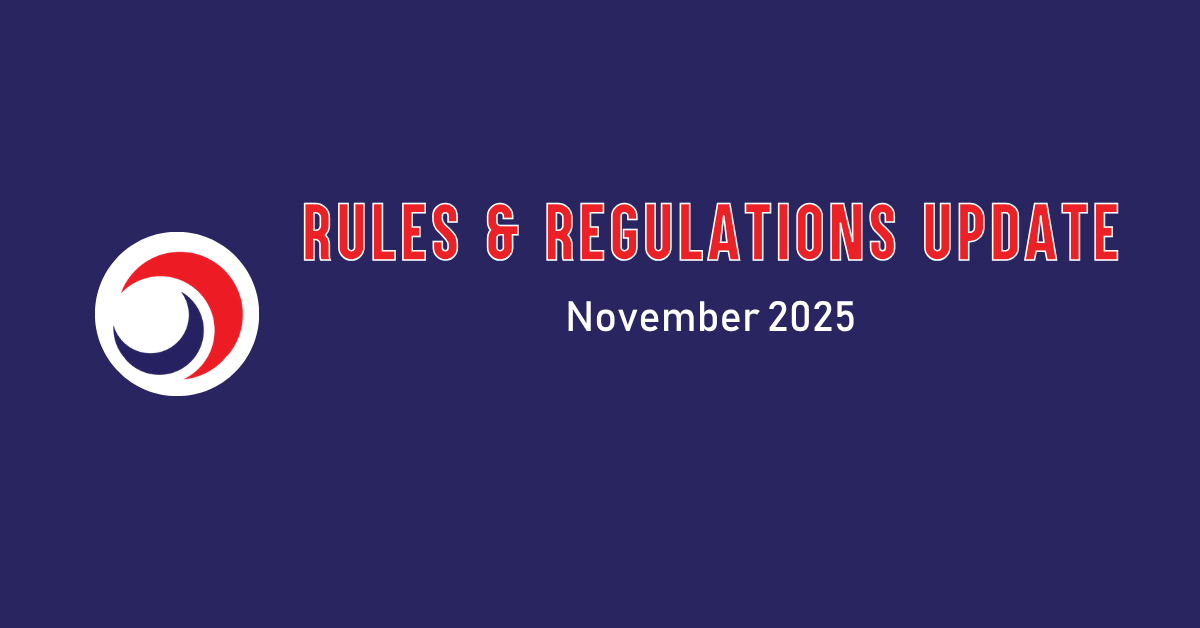A minor rule update to v1.8 has been released by the Technical Committee, which includes additional rules aimed at supporting referees to maintain control during discussions and limits the ability of players and spectators to influence referees. The changes are as follows:
- Added to 4.4 – Player Checks: “Main referees should ask each team to confirm who their team representative is. The person may fulfil this role as outlined in Rule 3.3 Coaches & Captains.”
- Rationale: Referees should know who the team representative is as part of their pre-match checks.
- Added to 2.2 – Communication & Appeals: “Referee Discussions: During stoppages in play, e.g., for referee discussions, nobody should approach the officials unless requested. Team representatives should remain behind the ball return line until requested to approach. People should position themselves as follows – anyone in breach of this rule may be subject to sanctions: active players must remain on court behind the ball return line; eliminated players and coaches should remain in the out box; ball retrievers should remain off-court; and spectators should remain outside of the playing area.”
- Rationale: Staying in these areas allows the referees to keep more control over a match and see who considers themselves to still be in or out after a series of plays. Players moving everywhere may exacerbate already heated situations and makes referees’ jobs harder.
- Added to 2.2 – Communication & Appeals: “After decisions have been made, centre referees should explain decisions to team representatives, who can tell their team the outcome of a decision. Assistant referees should refrain from explaining decisions to players directly as this may create opportunities for messages to be misconstrued.”
- Rationale: Assistant referees should refrain from explaining decisions to players directly as this may create opportunities for messages to be misconstrued.
- Added to 2.2 – Communication & Appeals: “Live Decisions: Referees must make decisions based on their own observations only. They may not look at video replays and should not be influenced by anyone claiming to have seen a video replay or the event first-hand unless they are a member of the refereeing team for that match. Video Evidence: Video evidence will not be accepted by referees as a live appeal mechanism during a match. Teams are instead encouraged to submit video evidence as part of a complaint after a match, as outlined in the Disciplinary policy. Influencing Referees: Any players or spectators who attempt to show any of the refereeing team footage, or claim they have the footage and can confirm what happened to any of the refereeing team, should be sanctioned as per Rule 16. Violations & Penalties. Teams are encouraged to submit video evidence as part of a complaint after a match, as outlined in the Disciplinary policy.”
- Rationale: Allowing referees to accept information from others is unfair, as a) this may inherently allow teams who ore more popular, or have more supporters, to be able to influence referees more than other teams, and b) they do not know of others’ vested interests. To keep a level playing field, no influencing of referees should be attempted.
The Sanctionable offences table has also been updated to align to these updates. You can view the sanctionable offences table and the rules here:











